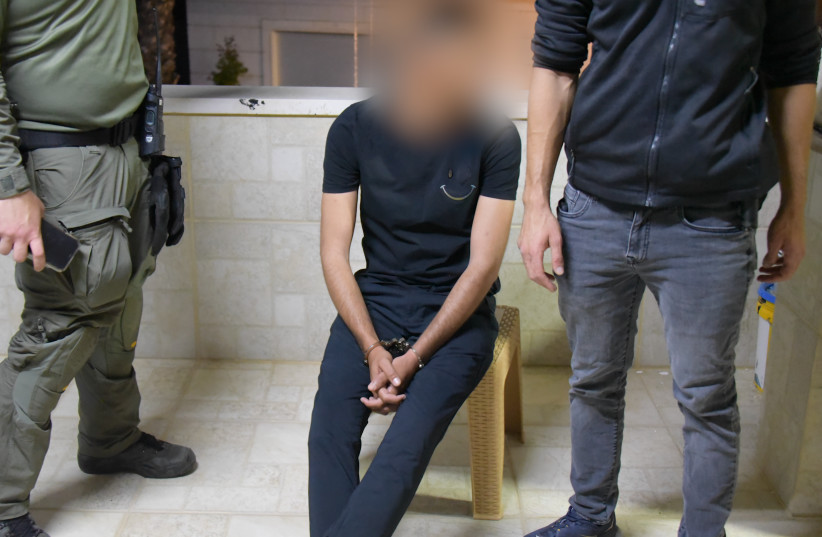A law to counter protection rackets continued development in a joint session of the Constitution, Law and Justice Committee and National Security Committee on Tuesday.
The bill, submitted by Otzma Yehudit MK Yitzhak Kreuzer, could punish racketeers with seven years in prison. Previous discussions saw a proposal to make the minimum punishment three years.
"This crime is a plague and it's important to have an aggressive law with teeth, which will give the system an effective tool to work with ," said Kreuzer. "The money for buying weapons and criminal activity comes from this [protection rackets] and as soon as we protect criminal protection, they will automatically have no money to employ soldiers."
The wording of the bill was altered after previous hearings in which it was explained that there were often no longer explicit threats against the victims. Racketeers were explained to have territories in which it was widely understood that payments were made. According to the committee, this created gaps in the penal code, which required threats.
The bill would apply to those that take "advantage of the hardship of a business owner who fears physical harm to his body or property and receives payment from him without providing a service that is adequate for the funds he received." Those that require a business owner to rent their service or face threats to body or property would also be impacted by the law.
 Vehicles torched at Vered Hagalil (credit: ELI ASHKENAZI/WALLA!)
Vehicles torched at Vered Hagalil (credit: ELI ASHKENAZI/WALLA!)In previous discussions, it had been touched upon how protection racketeers would have fronts such as security companies, but they wouldn't have much in terms of costs like employee paychecks.
Constitution, Law and Justice chairman Simcha Rothman said that previous iterations of the law were too broad. Past drafts described extortionists taking advantage of hardship of a business owner, but didn't connect it to the collection of fees.
Rothman said that the new version also removed passages in which business owners were repeatedly offered services despite rejection, which he said was more suitable for spam laws. A section about telling business owners that one was the only service provider in an area was also removed, since in some cases legal local monopolies can exist.
Still issues left with protection racket law
Committee legal adviser Daganit Williams said that there were still issues with the legislation, setting out a list of alternative behaviors to be criminalized. The wording of the provisions was nearing the presumption of guilt instead of innocence.
A representative from the Justice Ministry noted that fear for family members needed to be included as a motivator for extortion as well, and perhaps the law should not be limited to only businesses but private citizens as well.
There was also overlap with previous protection racket laws that needed to be addressed.
Rothman called for the police and State Attorney's Office to provide the committees with data so that they could better understand the issue. The committees were also set to tour on Sunday, visiting businesses and speaking to their owners.
Kreuzer said Tuesday that few businesses were not paying protection fees, which cost a billion shekels to the economy each year.










